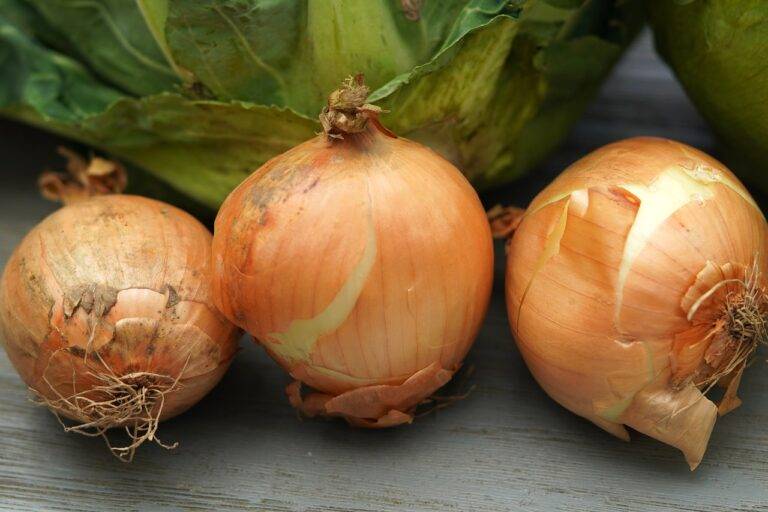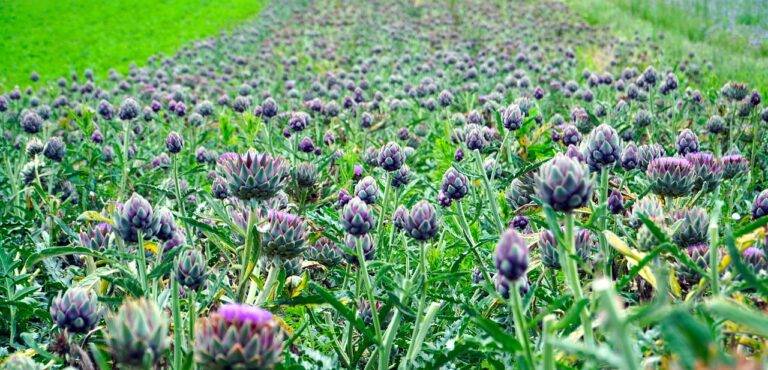The Future of Urban Agriculture: Growing Food in the Concrete Jungle
Urban agriculture provides numerous benefits to both individuals and communities. By growing food in city settings, residents have access to fresh, locally grown produce that is often more nutritious than store-bought counterparts. Additionally, urban agriculture promotes environmental sustainability by reducing the carbon footprint associated with transporting food long distances.
Furthermore, engaging in urban agriculture fosters a sense of community and connection among residents. Working together to cultivate shared green spaces can strengthen social bonds and promote a sense of shared responsibility for the environment. In this way, urban agriculture not only provides physical nourishment but also nourishes the social fabric of cities.
Challenges of Growing Food in Urban Settings
Urban agriculture faces numerous challenges due to the limited space available for growing food in cities. The scarcity of land in urban settings makes it difficult for farmers to expand their operations and produce a significant amount of food. Additionally, urban areas often have contaminated soil and pollution, which can negatively impact the quality and safety of the crops grown.
Furthermore, the high cost of land in urban locations poses a significant barrier to entry for individuals looking to start a farm in the city. The expenses associated with purchasing or leasing land for agriculture can be prohibitive for many aspiring urban farmers. This financial burden can prevent people from pursuing their passion for growing food in an urban setting, further limiting the growth of urban agriculture.
What are some benefits of urban agriculture?
Urban agriculture can increase access to fresh produce, reduce food miles, promote community engagement, and create green spaces in cities.
What are some challenges of growing food in urban settings?
Challenges of urban agriculture include limited space, soil contamination, zoning regulations, access to water, and potential conflicts with existing infrastructure.
How can urban farmers overcome space limitations?
Urban farmers can utilize vertical gardening, rooftop gardens, hydroponic systems, and community gardens to maximize space for growing food.
How can urban farmers address soil contamination issues?
Urban farmers can use raised beds with clean soil, remediate contaminated soil through phytoremediation, or use soil testing to ensure safe growing conditions.
How can urban farmers navigate zoning regulations for food production?
Urban farmers can work with local government officials to advocate for urban agriculture policies, apply for permits, and participate in community planning efforts to support urban farming initiatives.
What are some strategies for accessing water in urban settings?
Urban farmers can use rainwater harvesting systems, greywater recycling, and efficient irrigation techniques to minimize water usage and ensure sustainable water access for food production.





